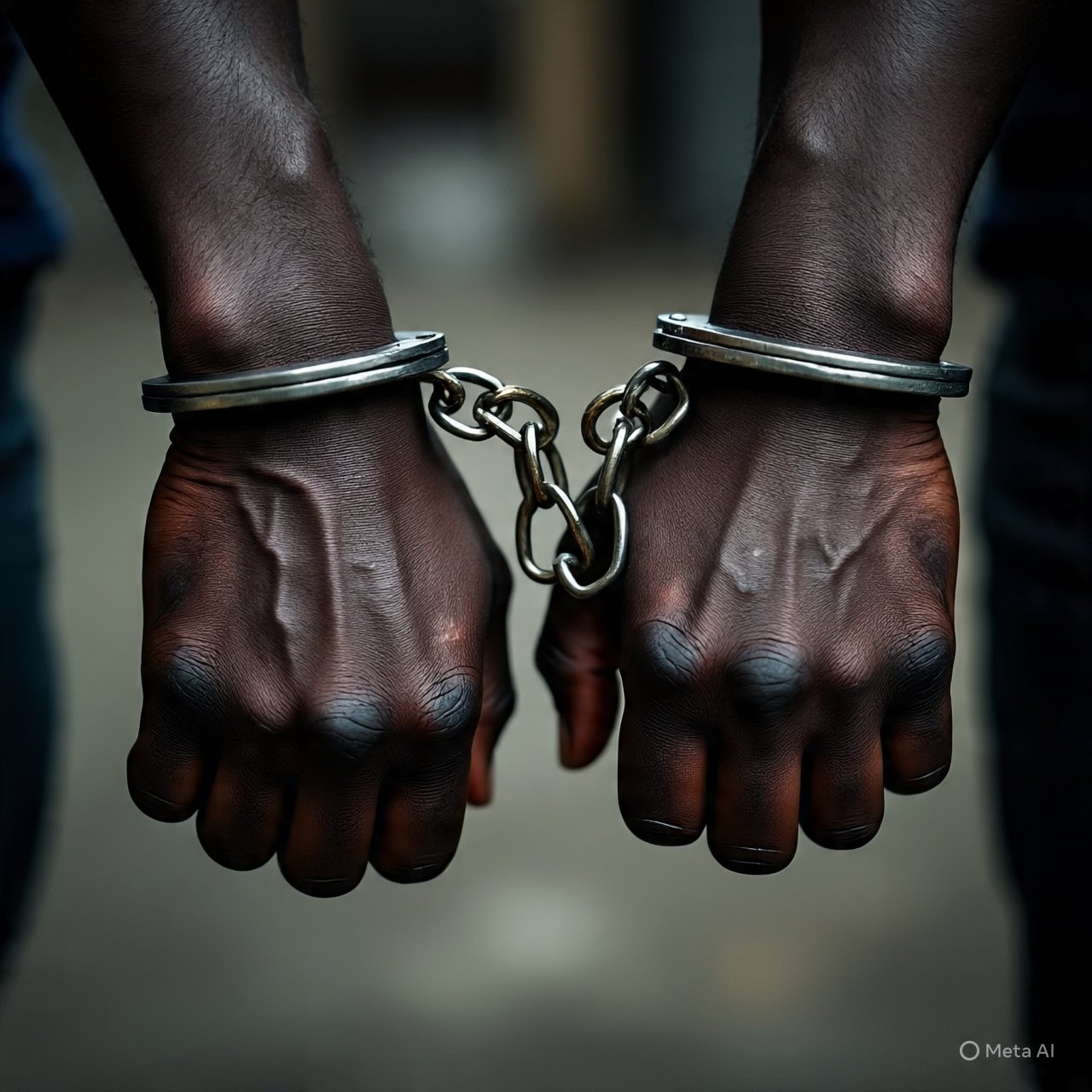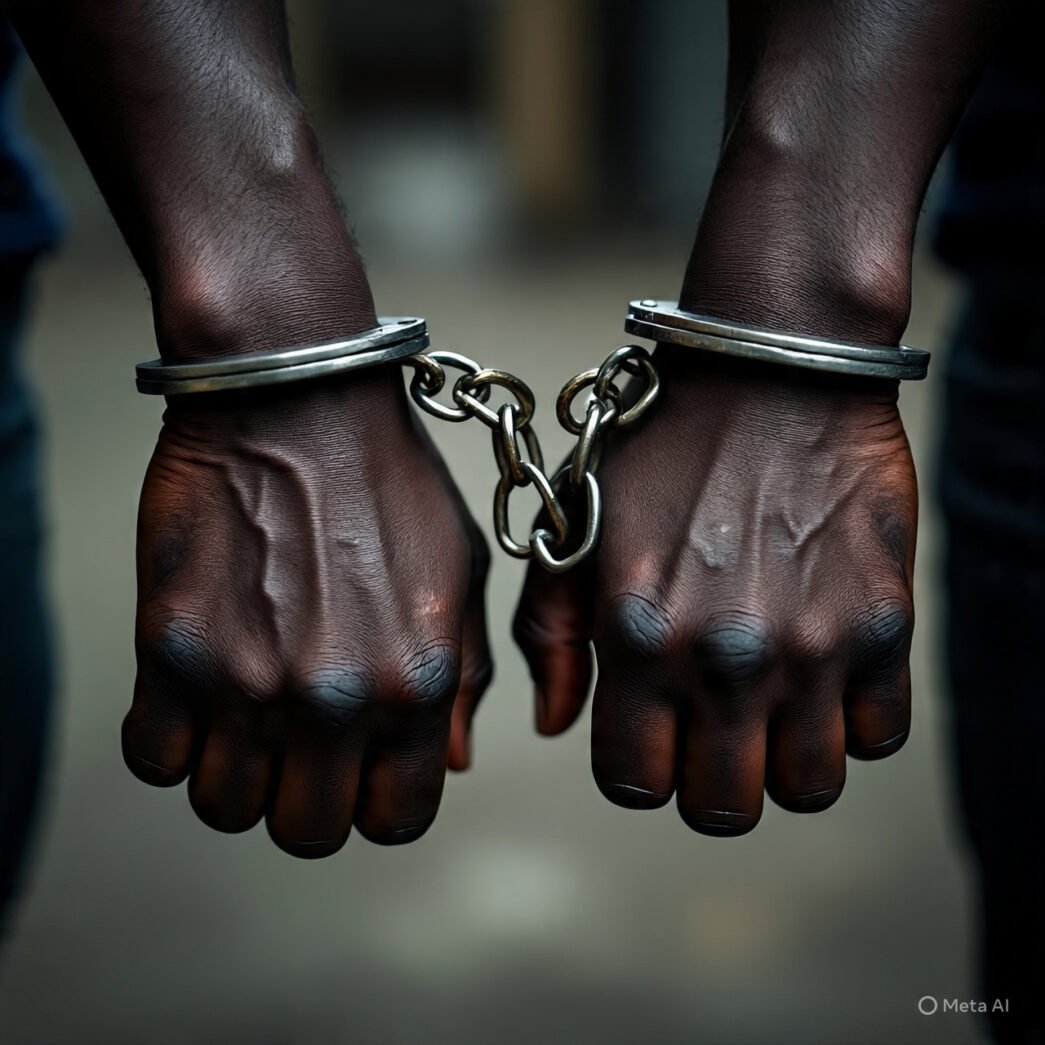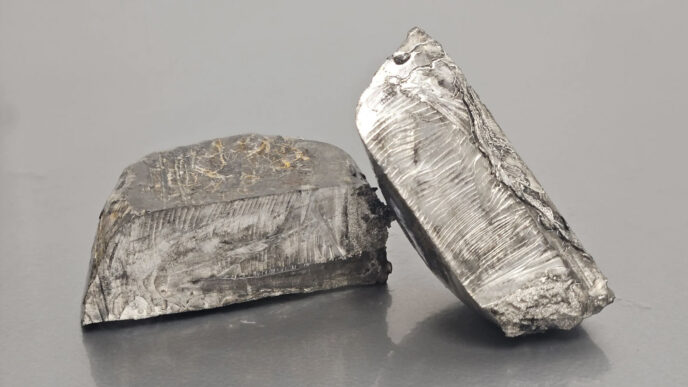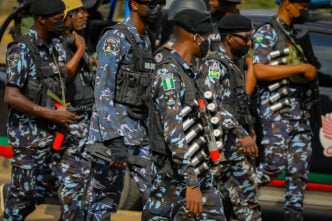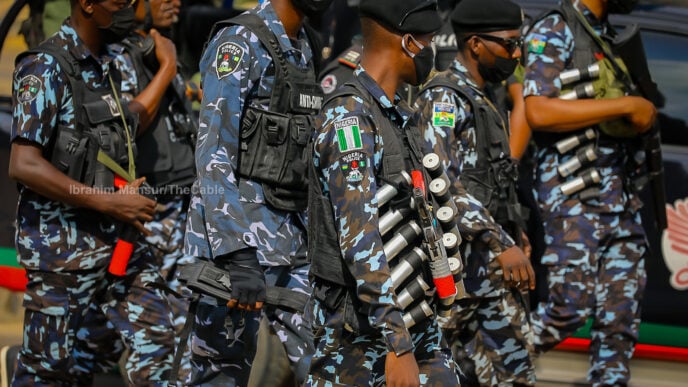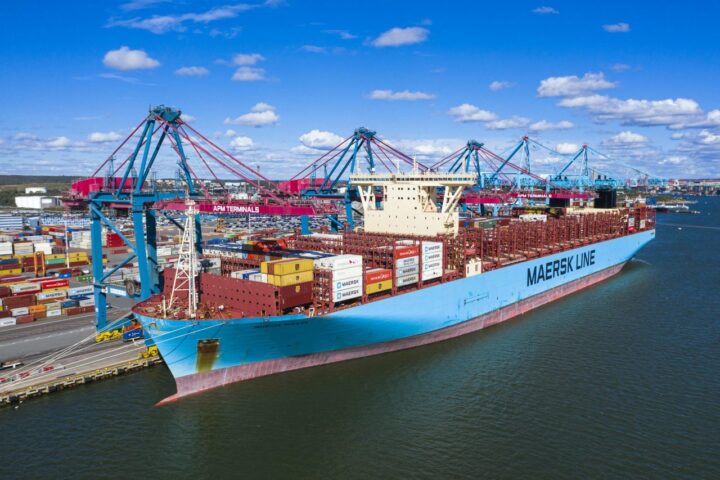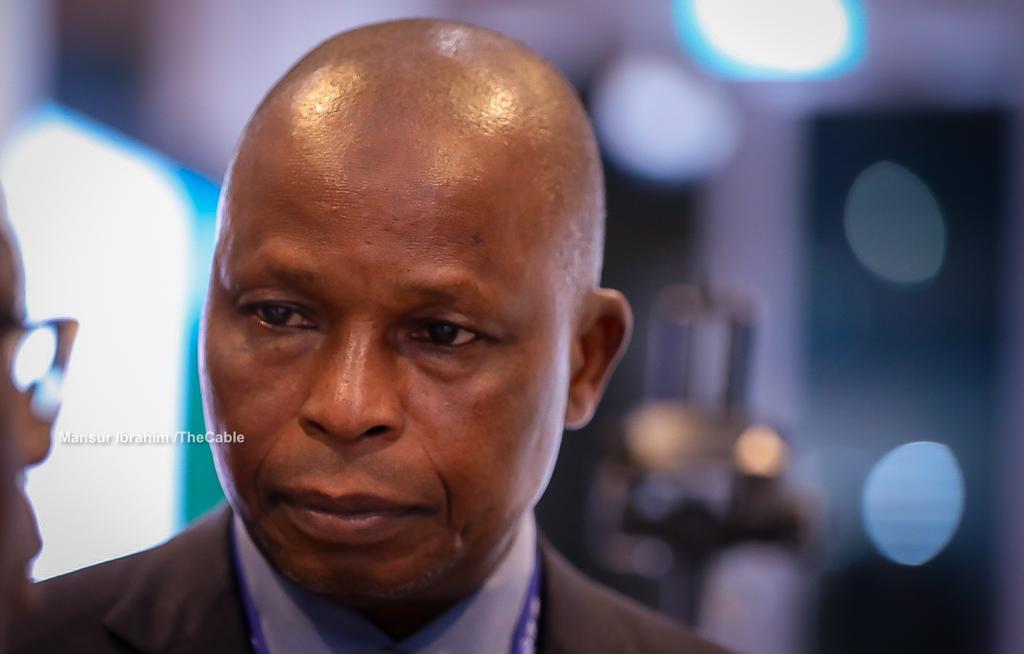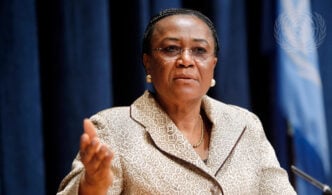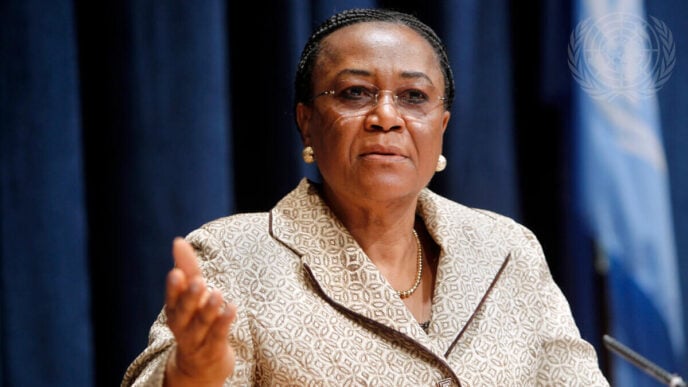BY WEALTH DICKSON OMINABO
Recently, Nigerian President Bola Tinubu granted a state pardon to 175 individuals. Some of those on the list include foremost Nigerian nationalist Herbert Macaulay, the Ogoni Nine, environmentalists tried and executed under the Abacha regime. However, a considerable percentage of those on the list were individuals convicted of murder, kidnapping, corruption, illegal mining, and drug trafficking.
The decision, although constitutionally grounded, has sparked national debate on the role of the prerogative of mercy and its implications for justice, national security and governance. A state pardon, when exercised in good faith, can reinforce justice and offer hope to deserving citizens with a record of misdeeds who have paid their debt of service, providing them with hope and succour. State pardon could also pose a threat to national security and undermine the state’s institutional mechanisms of justice and law enforcement.
Debate on State Pardon
Advertisement
Government supporters argue that state pardons were given to deserving convicts and inmates who have demonstrated good conduct, to reintegrate them into society. They also argue that pardons were given to address the challenge of prison overcrowding in the country. However, media reports on the long list of beneficiaries of the state pardon cast a moral question on the true intention of the pardon, as many on the list were political elites, drug peddlers, kidnappers, and murderers, many of whom are yet to show remorse or serve out their punishment. Civil society groups, opposition parties, and even victims of some of those released have described the government’s decision as embarrassing and political, an action that poses severe implications for national security and justice.
Some have criticised the pardon of the Ogoni Nine, arguing that a pardon amounts to an admission of guilt. The Ogoni Nine, convicted by the military tribunal of Abacha for environmental activism, were victims of institutional oppression and the silencing of activists and voices of truth. Critics insist that what was needed for the Ogoni activists was not a state pardon but an institutional apology and compensation for the cruelty meted out to them. Their inclusion is viewed as politics rather than justice, an attempt to pacify the people of the region in the government’s bid to resume oil exploration.
The Politics of State Pardon
Advertisement
The prerogative of mercy, a legal term that refers to the inherent power of a state to pardon or reduce the punishment of a person convicted of a crime, is nothing new in Nigeria, especially during this democratic dispensation. From Obasanjo to Jonathan and Buhari, there have been exercises of presidential pardon. In defence of this current pardon, some analysts have cited the case of Diepreye Alamieyeseigha, the former Governor of Bayelsa State, who received a state pardon from former President Goodluck Jonathan. However, Alamieyeseigha’s pardon was quite different from this sort of discretionary pardon. At the time he was pardoned, he had already entered a plea bargain with the Economic and Financial Crimes Commission (EFCC). He had been exonerated, having served his punishment by virtue of the plea bargain. This context is important to understand the difference between a pardon granted after due legal process and one that seems politically motivated.
In Nigeria, there is a common saying that politics is everything and everything is politics. This phrase encapsulates the idea that political considerations often override moral or legal logic in our country. Some analysts explain the presidential pardon from this perspective as a political move aimed at manipulating consensus and maintaining power. This underscores the urgent need for transparency and accountability in our governance.
Politics and Moral Governance in Nigeria
Politics in our clime is often described as a dirty game with a scarcity of morals. Even in its worst form, there is still caution for politicians to act in good conscience. Governance is a more serious task; it rests on the pillars of moral precepts and survives on legal instruments, which are often framed within moral logics and ideas. This highlights the crucial need for moral governance, a principled and ethical leadership that upholds justice and the rule of law.
Advertisement
Morality and virtue are necessary ingredients for nation-building and sustainable development. Great nations are built on the strength of their moral fabric and the seriousness with which a government upholds national virtues and moral principles. In this balance lie crime and punishment, justice and peace, anti-corruption and development, accountability and equality. Laws are instituted to uphold the moral fabric of a nation, and punishments are meted out to offenders to maintain peace and deter wrongdoing. Morality is not just an asset in nation-building and development. It’s the capital required to build a strong political economy that can guarantee peace, security, justice and progress in any nation.
Moral governance entails making government decisions in line with a good conscience, upholding justice, building trust, uplifting the collective conscience, and binding or weaving the moral thread of the nation.
Discretionary state pardon granted to high-level offenders and political elite risk putting the nation on a nihilistic path where nothing matters, evil is rewarded, and justice and punishment are trivialised at the altar of elite networks and state capture. This undermines the state’s ability to serve the public interest and can lead to widespread corruption and injustice.
A polity where public offenders are granted state pardon at will invites anarchy, as it distorts the foundation of good conduct, respect for the rule of law and robs victims of justice.
Advertisement
Nigeria’s nation-building journey is at a crossroads, marred by weak institutions, insecurity, poverty and a deficit of trust between the government and the people. Government actors need to prioritise moral governance that emphasises accountability, transparency, and integrity to build trust, strengthen institutions and uphold justice.
Moral governance is not an abstract idea. It is the foundation upon which peace, justice, and unity rest. Until Nigerian leadership reclaims morality as a principle in governance rather than a tool of politics, the nation will continue to trade its moral capital for temporary power and with it the promise of true nation-building.
Advertisement
Ominabo is a journalist and researcher on governance and security.
Advertisement
Views expressed by contributors are strictly personal and not of TheCable.
